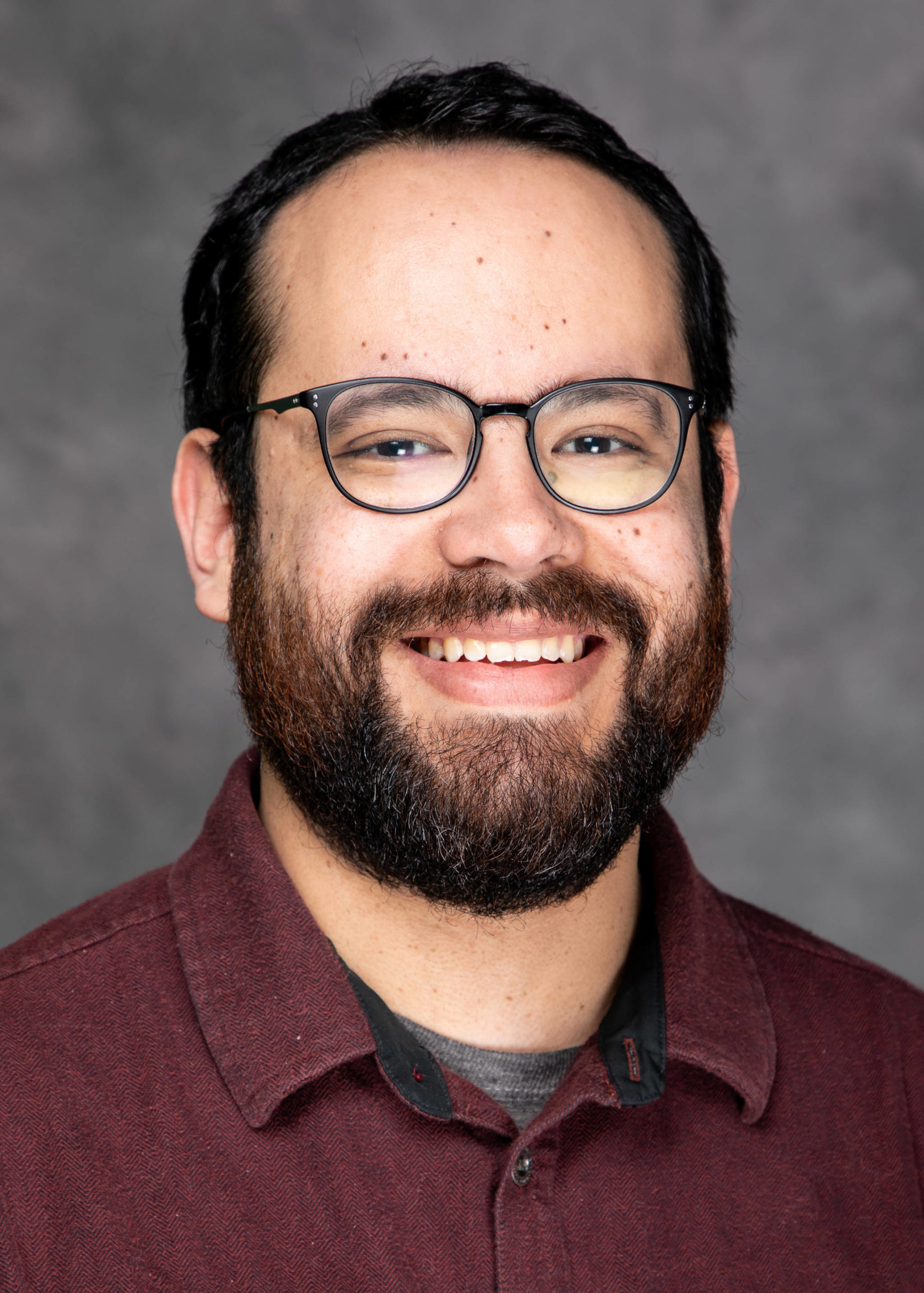Uriel Varela Jr. knows his background will help as the city of Kent interim race and equity manager. But he also plans to work with communities of color impacted by institutional and structural racism to develop a strategic plan.
“The ultimate goal of any racial equity work for a city or jurisdiction should be to eliminate racial inequities and improve outcomes for all racial groups,” Varela said in a Dec. 11 email to the Kent Reporter.
Mayor Dana Ralph hired Varela for the new position starting Jan. 1. Ralph and the Kent City Council agreed to fund the position in the 2021-2022 city budget to help create a strategic plan to address race and equity issues in Kent.
“Uri will be stepping in as the interim manager to hit the ground running because this work is important and can’t wait,” Ralph said in a letter to city employees. “After six months we will review the position and performance and name a permanent manager to that position.”
Varela, 35, who will be eligible for the permanent position, has worked for three years as the city of Kent’s community engagement coordinator. His duties in that job include promoting collaboration and partnerships with people of all races, ages, national origins, abilities, and sexual orientation, particularly with new residents, protected classes, underrepresented groups and immigrant communities.
“I am confident that his work and decision-making process will be guided by the racial equity lens that he has developed throughout his career of community engagement and public service,” Ralph said. “His lived experiences as an immigrant in this country, as well as his educational background and professional development, will bring a crucial perspective to this role.”
Varela was born in Guadalajara, Mexico. He and his family moved back and forth between Mexico and the U.S. over the course of his childhood, but finally settled in 1996 in Los Angeles. Family reunification brought them back to the United States.
Ralph said that lived experiences inform our understanding of race, equity and inclusion.
“Uriel’s understanding of the role that race plays in our society was initially formed as a child, while living in South Central Los Angeles during the ’92 riots,” she said.
Ralph said Varela’s undergraduate coursework in Chicano/Latino studies, African American studies, Asian American studies and history furthered his understanding of the structural and systemic inequities in this country.
Varela has a 2008 bachelor’s degree in ethnic studies and a bachelor of arts in history from the University of California, Irvine.
“Uriel had the unique opportunity to live in the only two houses sponsored by ethnic studies departments within the undergraduate housing community,” Ralph said. “While living at the Ele Si Rosa Parks House, he was encouraged to learn and educate himself about Black history and the legacy of the Black experience. Living in Casa Cesar Chavez provided him with a variety of educational, social and cultural opportunities to expand his analytical toolkits to examine the historical and contemporary experiences of Latino Americans.”
Varela also has a 2011 master’s degree in Latin American studies from the University of Arizona in Tucson.
“The strategic focus on academic achievement, community and respect by both academic houses encouraged his pursuit of a master’s degree at the University of Arizona, where he examined detention and deportation policy with a racial equity perspective in mind,” Ralph said.
Varela will create an equity strategic plan and policy with input from the City Council, Cultural Communities Board, community leaders and other stakeholders. The council in 2015 voted to establish a Cultural Communities Board, whose volunteer members serve in an advisory capacity to the mayor and council.
“The types of changes that need to be made will come as a result of both internal and external stakeholder engagement,” said Varela, who purchased a home with his wife in Skyway six years ago. “We know that we have to go through a hiring process review to address any systemic inequities. We will also be analyzing our procurement process through a racial equity lens. Contracting, consulting and procurement should benefit the communities we serve, in proportion to the demographics in our community. This of course is not an exhaustive list of the changes that are needed.”
In addition to the Cultural Communities Board, Varela said he will be reaching out to local community-based organizations led by Black, Indigenous and people of color.
“The vision of a strategic plan should be heavily informed by communities of color impacted by institutional and structural racism – those with real expertise,” Varela said.
Ralph said as the 10th most diverse city in the country, city staff must take steps to ensure that Kent is a welcoming and inclusive city that serves all residents equitably and with the respect they deserve.
“The goal of this work will be to integrate racial equity holistically into all aspects of our work as a local government,” Ralph said.
Varela and Ralph each emphasized the importance of taking steps to move racial equity forward in the city.
“Race is still the main determining factor leading to disproportionate life outcomes across every indicator of success in this country,” Varela said. “Institutions in all sectors, state and local levels have played a significant role in creating and maintaining systems and structures that continue to repeat patterns of exclusion. Moving racial equity forward and ultimately becoming an anti-racist institution will require an active and united effort by city staff, our elected officials and the community we serve.”
Talk to us
Please share your story tips by emailing editor@kentreporter.com.
To share your opinion for publication, submit a letter through our website https://www.kentreporter.com/submit-letter/. Include your name, address and daytime phone number. (We’ll only publish your name and hometown.) Please keep letters to 300 words or less.

